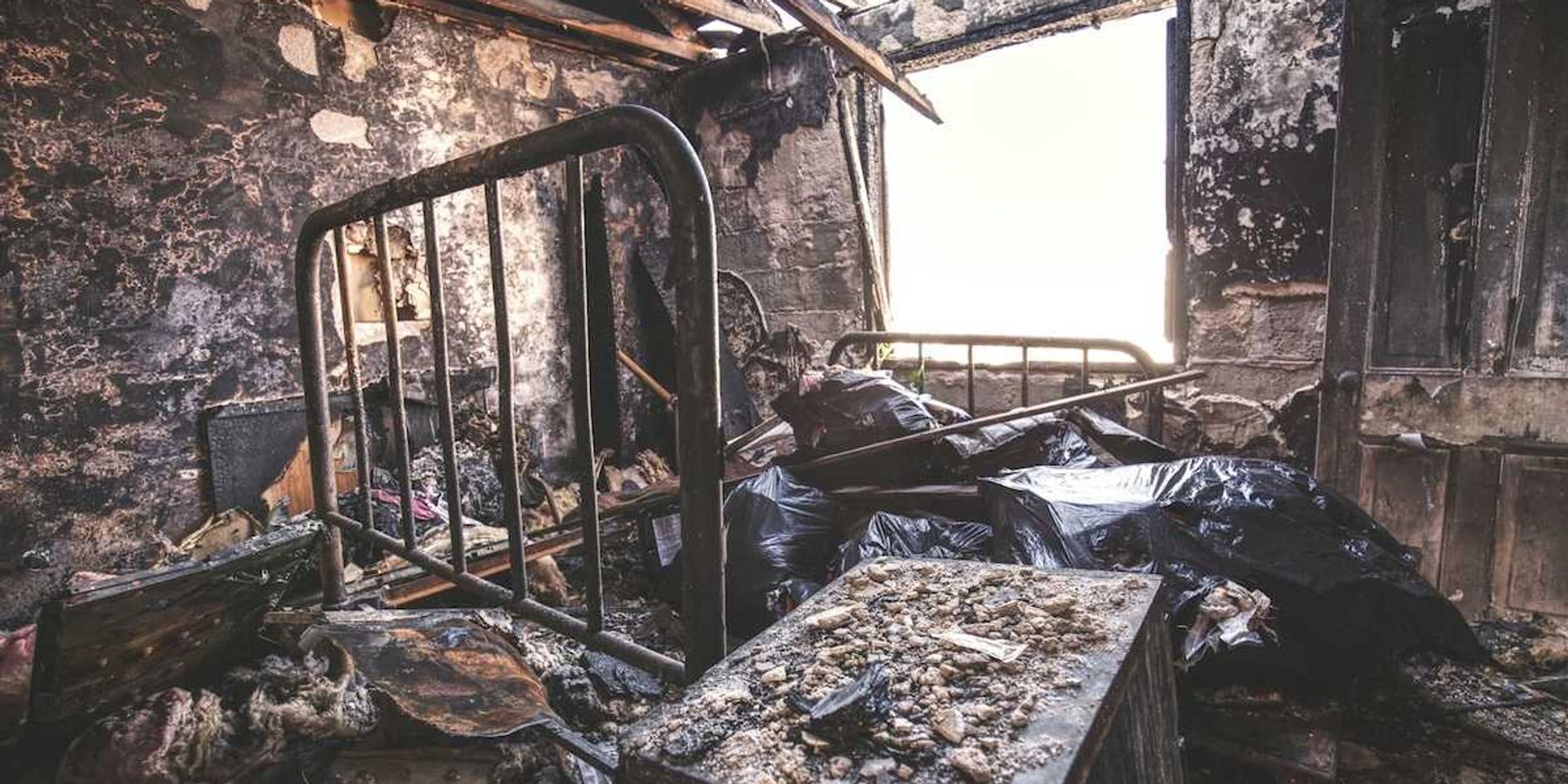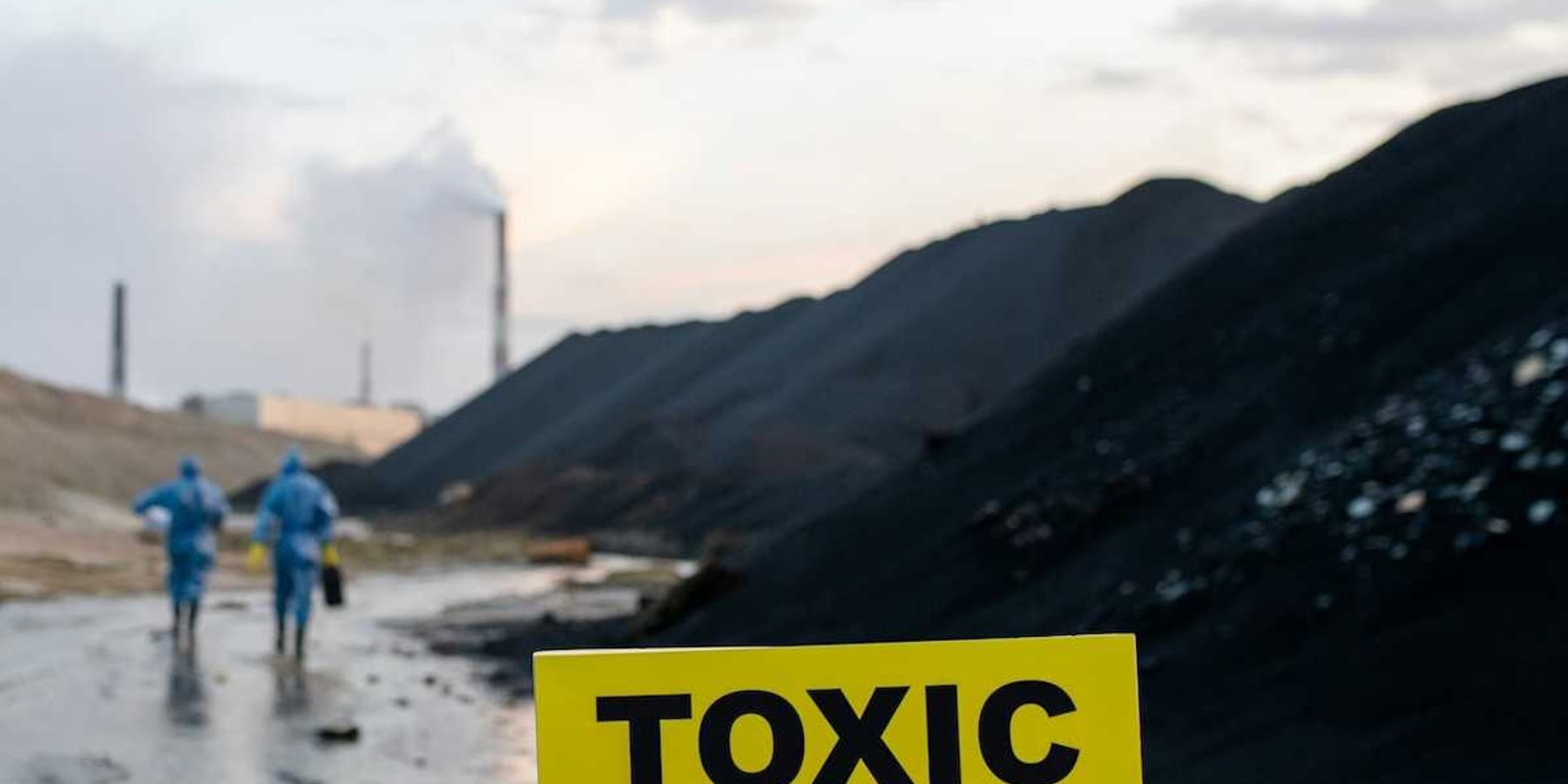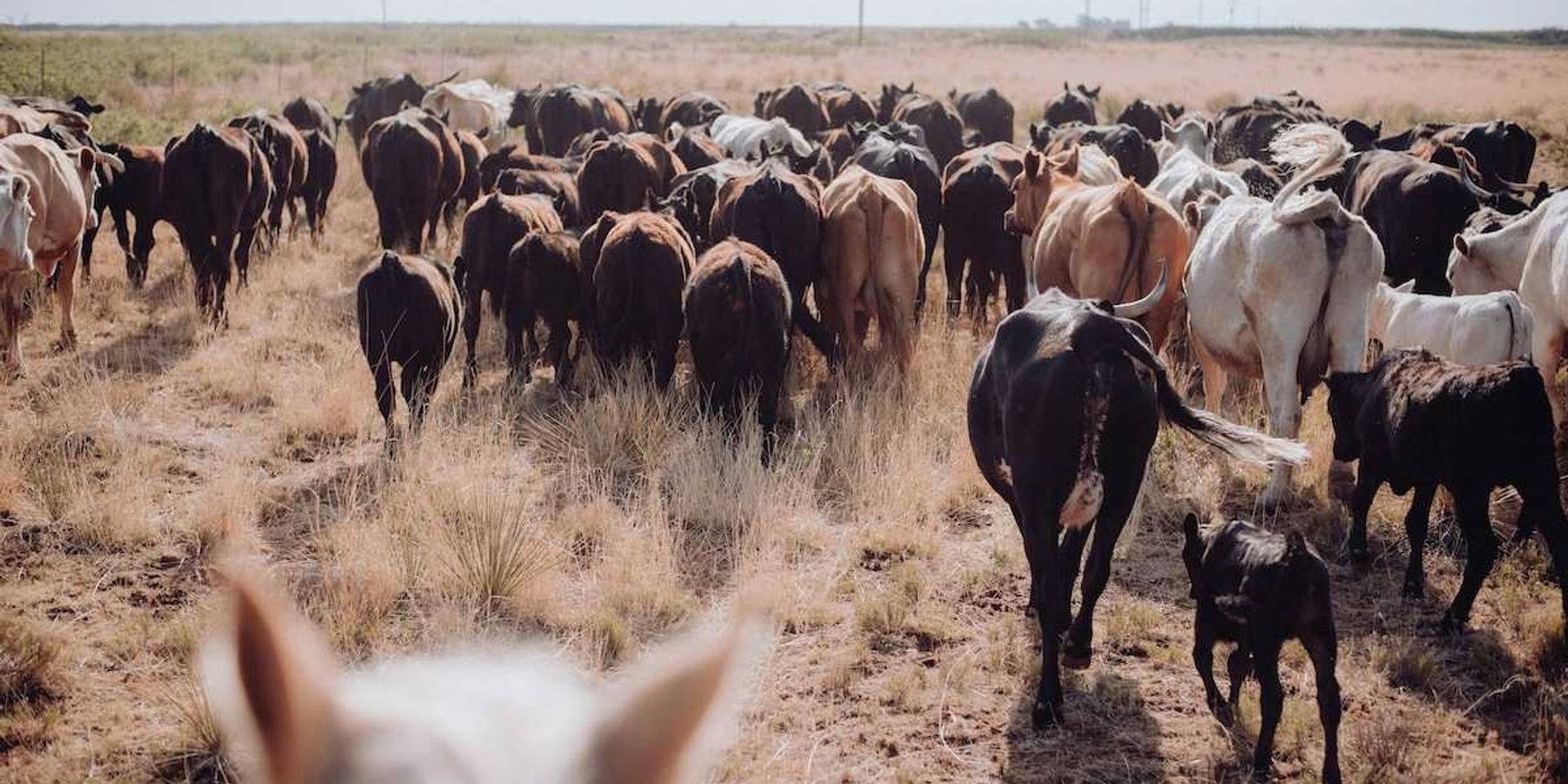labor
Airport, retail and farm workers demand heat protections after deaths
Airport, retail, fast food and farm workers in 13 U.S. cities are rallying to demand federal heat protections following several heat-related deaths on the job.
In short:
- Workers in multiple industries are advocating for on-the-job heat protections, including water access and breaks, due to rising temperatures.
- Current federal regulations are still in the proposal stage, with implementation facing delays and political hurdles.
- Extreme heat, exacerbated by climate change, is increasingly lethal, with workers facing inadequate protections.
Key quote:
“Heat is a silent killer. It is the biggest weather-related killer in our community.”
— Texas' Democrat Representative Greg Casar.
Why this matters:
Rising temperatures are putting more workers at risk, especially those in outdoor or physically demanding jobs. Without stronger protections, heat-related deaths and illnesses are likely to increase.
Related: Op-ed: In a warming world, nurses heal people and the planet
Biden announces $1.7 billion to support US EV factories
The Biden administration is providing $1.7 billion to retool 11 auto factories for electric vehicle production, aiming to secure jobs and support union labor.
In short:
- The Energy Department's funding aims to prevent the closure of unionized auto plants and save over 15,000 jobs.
- This initiative is part of Biden’s strategy to boost EV production before the November election, countering potential policy reversals if Trump wins.
- The largest allocation, $500 million, goes to General Motors in Lansing, Michigan, to shift from internal combustion engines to EVs.
Key quote:
“Building a clean energy economy can and should be a win-win for union autoworkers and automakers. This investment will create thousands of good-paying, union manufacturing jobs and retain even more — from Lansing, Michigan to Fort Valley, Georgia — by helping auto companies retool, reboot and rehire in the same factories and communities.”
— Joe Biden, President of the United States
Why this matters:
This funding supports the transition to electric vehicles, crucial for reducing greenhouse gas emissions. It also aims to secure jobs in an evolving auto industry, promoting economic stability in key states.
Heated policies: contrasting worker protections in California and Florida
California and Florida, both dealing with rising heat-related deaths, have adopted opposing approaches to worker heat protections, reflecting broader political divides.
In short:
- California mandates water and air-conditioned areas for workers in temperatures over 82°F, with additional measures at 87°F.
- Florida prohibits local governments from requiring employers to provide heat protections, leaving it to employers to decide.
- The federal OSHA proposed heat regulations, but they may not be finalized until 2026 and could face challenges.
Key quote:
“You can look at safety standards in each state, whether it’s heat standards or others, and it’ll track with how union-dense those states are.”
— Lorena Gonzalez, head of the California Labor Federation
Why this matters:
Heat-related deaths are climbing due to climate change, highlighting the need for robust worker protections. How should the U.S. balance economic freedoms with the imperative to safeguard public health in the face of a warming planet? As heat waves become more frequent and severe, this question will only grow more urgent, demanding thoughtful and decisive action from policymakers across the spectrum.
Heat rules for workers face election challenge
The Biden administration is moving closer to finalizing a heat protection standard for workers, but the upcoming election could jeopardize its implementation.
In short:
- The Occupational Safety and Health Administration (OSHA) has submitted a proposal for a national heat stress rule to the White House for review.
- The rule may mandate employer and worker training, acclimatization procedures and heat illness prevention programs starting at an 80°F heat index.
- Political and legal challenges, especially if Trump wins the presidency, could prevent the rule from being finalized.
Key quote:
“When it’s hot outside, it feels even hotter within the warehouses, because of all the machinery. If it’s like 110 outside, then it’s like 10 more degrees inside.”
— Victor Ramirez, former Walmart warehouse worker.
Why this matters:
Extreme heat poses a significant danger to workers, especially those in outdoor or poorly ventilated indoor environments. Heat stress causing a range of illnesses, including heat exhaustion and heat stroke, which can be fatal. Beyond immediate health risks, chronic exposure to extreme heat can exacerbate existing conditions like cardiovascular and respiratory diseases.
California receives federal funds to train climate-resilient workforce
California has been awarded $60 million in federal funding to develop a climate-ready workforce across the state, including a $9.5 million investment for Long Beach City College.
In short:
- The U.S. Department of Commerce and NOAA allocated funds to nine states and territories, with California among them, to enhance job training in climate resilience.
- Long Beach City College will create the Los Angeles County Climate Ready Employment Council to focus on training for water and solar sector jobs.
- The initiative aims to prepare a skilled workforce to tackle climate impacts like sea level rise and flooding.
Key quote:
"Climate change accelerates the need for a new generation of skilled workers who can help communities address a wide range of climate impacts."
— Gina Raimondo, U.S. Secretary of Commerce
Why this matters:
As climate change intensifies, there is a growing need for skilled workers to help communities adapt and build resilience against its impacts. Training programs are essential for creating jobs and supporting economic stability while addressing environmental challenges.
Restaurant workers take action against unsafe heat in kitchens
As rising summer temperatures worsen, restaurant workers are unionizing and striking to combat unbearable working conditions.
In short:
- Extreme heat in kitchens, exacerbated by climate change, is causing severe health issues for restaurant workers.
- Workers at various restaurants, including a Seattle-based chain, have secured heat-related protections in their union contracts.
- These protections include extra pay for working in high temperatures and the ability to clock out without penalty.
Key quote:
“The heat inside a restaurant is different — it gets into your body.”
— Oscar Hernández, former restaurant worker
Why this matters:
Rising temperatures are a direct result of climate change, driven by greenhouse gas emissions. This means that the problem faced by restaurant workers is part of a larger global crisis. Advocates argue that addressing climate change and improving labor conditions are interconnected battles that must be fought together.
Tech alone won’t fix farm food waste without labor reforms
Farmers are using technology to reduce food waste, but without addressing labor abuses and immigration policies, these efforts fall short.
In short:
- New technologies like composting systems, anaerobic digesters, and AI programs are helping reduce farm food waste.
- Labor abuses and immigration issues remain significant obstacles to effective food waste management.
- Solutions include stricter enforcement of labor laws and pathways to citizenship for farmworkers.
Key quote:
“We got hit when we lost the crop. Growers who had invested millions of dollars got nothing in return. And once there were no longer any Florida tomatoes on the market, prices soared to over $20 a box.”
— Industry representative
Why this matters:
Addressing food waste requires technological advancements and significant labor reforms to ensure fair treatment of farmworkers and a stable agricultural workforce. When workers are treated fairly and protected by robust legal frameworks, they are more likely to perform their jobs effectively, leading to less food waste and a more resilient agricultural sector.









